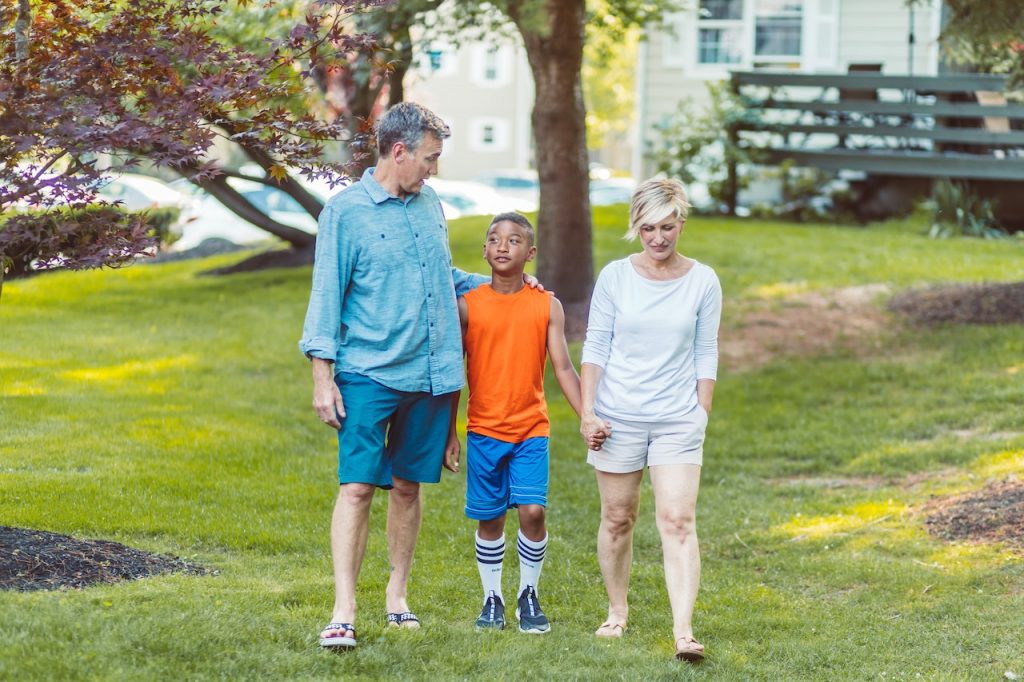Embracing the responsibility of fostering a child is a noble endeavour that comes with unique challenges. One key to providing the best possible care is cultivating a strong community of support. By building connections and nurturing relationships with others, foster carers can create a network that positively impacts the lives of these vulnerable children. In this article, we will explore the importance of fostering together and discuss effective strategies for building a community of support.
The Power of Collaboration
Foster care can be isolating, but collaboration with other foster carers, support groups, and local agencies provides invaluable knowledge, resources, and emotional support. By coming together, foster carers can share experiences, exchange advice, and gain insights into the unique challenges of fostering. To find out more, take a look at some of the resources available for those fostering in Sheffield. Collaborative efforts create a supportive environment where fostering becomes a shared responsibility, benefiting both carers and children in care.
Building Relationships with Social Workers and Agencies
In the foster care system, social workers and agencies play a pivotal role in ensuring the well-being of foster children. It is essential for carers to establish positive and respectful relationships with these professionals to create a supportive and collaborative environment. Regular communication with social workers is crucial to staying informed about the child’s case, addressing any concerns, and providing updates on the child’s progress. Attending meetings and actively participating in the child’s case planning demonstrates a commitment to working together in the best interests of the child.
Connecting with Support Groups
Support groups offer a safe space for foster carers to express concerns, share triumphs and setbacks, and seek guidance from experienced individuals. These groups provide a sense of belonging, a place to vent frustrations, and an opportunity to learn from others on the fostering journey. Participating in support groups enriches carers’ abilities to provide quality care to children.
Seeking Professional Help
Fostering children who have experienced trauma or have special needs can be challenging. Seeking professional help through therapy or counselling benefits both carers and children. These professionals provide guidance on managing behaviour, improving communication, and supporting emotional well-being. Therapy offers a valuable outlet for carers to process their own emotions and navigate the complexities of fostering.
Engaging with the School and Educational System
Education plays a crucial role in any child’s development. Building relationships with teachers, school counsellors, and administrators ensures the child’s academic needs are met. Foster carers can attend parent-teacher conferences, advocate for educational support, and maintain open lines of communication with the school. Active engagement in the educational system supports the child’s academic progress and overall well-being.
Fostering together means recognising that no carer is alone. Cultivating a community of support is vital for both carers and the children they care for. By following just a few of the tips laid out for you above, foster carers can create a stronger support system. Together, we can make a difference in the lives of these deserving children and help them thrive.

